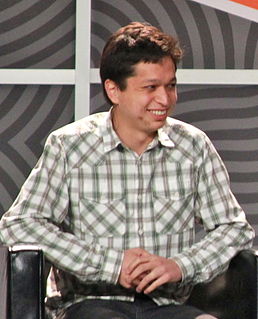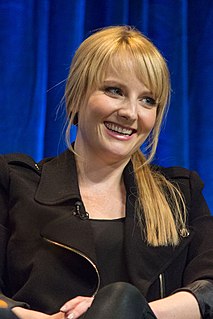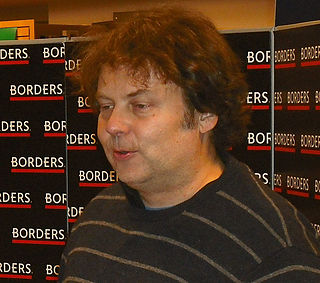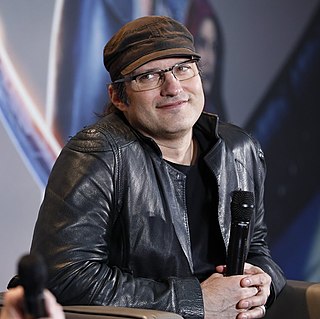A Quote by Ben Silbermann
So many things that I was excited about as a kid were about proximity. The idea that somebody could grow up in rural Iowa and be into break dancing because of YouTube - that was a really simple, profound idea.
Related Quotes
The way to get to the top of the heap in terms of developing original research is to be a fool, because only fools keep trying. You have idea number 1, you get excited, and it flops. Then you have idea number 2, you get excited, and it flops. Then you have idea number 99, you get excited, and it flops. Only a fool would be excited by the 100th idea, but it might take 100 ideas before one really pays off. Unless you're foolish enough to be continually excited, you won't have the motivation, you won't have the energy to carry it through. God rewards fools.
[Bill] Binney will argue with you all day about ThinThread, but his idea was that it would collect everything about everybody but be immediately encrypted so no one could read it. Only a court could give intelligence officials the key to decrypt it. The idea was to find a kind of a compromise between [privacy rights and] the assertion that if you don't collect things as they happen, you won't have them later - because what the NSA really wants is the capability of retrospective investigation.
People say to me, 'Are you still excited when you go on tour?' Should I be excited about leaving my family? No, and no one should. It's as simple as that. If you put aside the fantasy of it, it is what it is and has to be done. And that's fine, and I pour my entire energy and enthusiasm into it, but of course, I'm of two minds about the whole idea.
Some people think it's psuedo-science, but it's called morphic resonance. It's when someone thinks of an idea, it makes it easier for someone else to think of the idea. That's why you should do crossword puzzles later in the day, because other people have thought about the answers. That's why you hear about people coming up with inventions almost at the same time, because someone else is thinking about it. That's why whenever I have a really good idea, I'm always worried about theft.
I could draw ideas. I remember writing a paper for a seminar class. I remember writing a paper about - and this is going to sound really sort of pretentious, but that's where my mind was at the time - how acting and the performing artist can really be like a Bodhisattva, how they can communicate ultimately an idea in a way that can move and shift things. And that was wonderful. I didn't know many classes where I could try and relate the thing that I really loved and wanted to do into an intellectual idea, and that happened to be one of them.
When you get an idea, so many things come in that one moment. You could write the sound of that idea, or the sound of the room it's in. You could write the clothes the character is wearing, what they're saying, how they move, what they look like. Instead of making up, you're actually catching an idea, for a story, characters, place, and mood - all the stuff that comes.
We cannot afford to be idle. To act on a bad idea is better than to not act at all. Because the worth of the idea never becomes apparent until you do it. Sometimes this idea can be the smallest thing in the world, a little flame that you hunch over and cup with your hand, and pray will not be extinguished by all the storm that howls about it. If you could hold onto that flame, great things could construct around it, that are massive and powerful and world changing, all held up by the tiniest of ideas.
I used to think that when I grew up there wouldn't be so many rules. Back in elementary school there were rules about what entrance you used in the morning, what door you used going home, when you could talk in the library, how many paper towels you could use in the rest room, and how many drinks of water you could get during recess. And there was always somebody watching to make sure. What I'm finding out about growing older is that there are just as many rules about lots of things, but there's nobody watching.



































